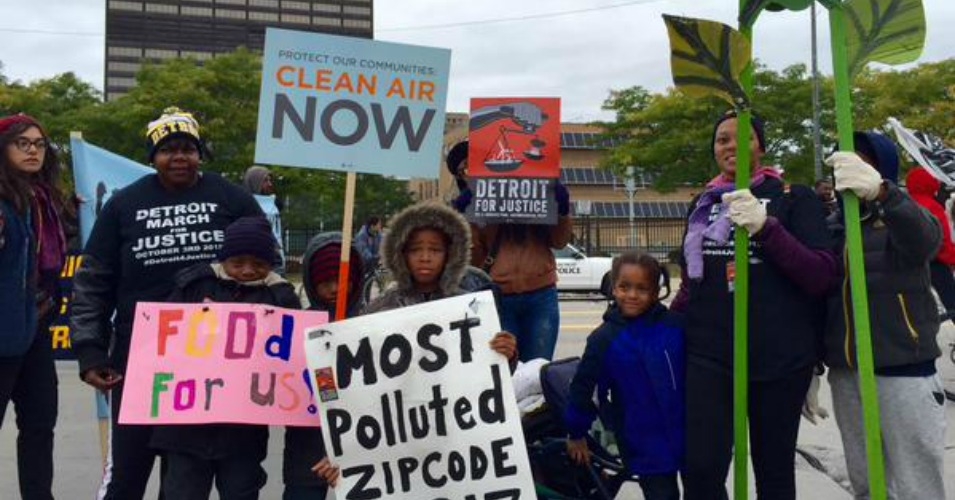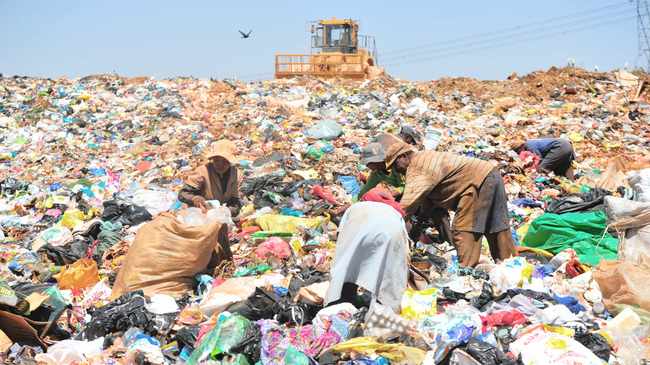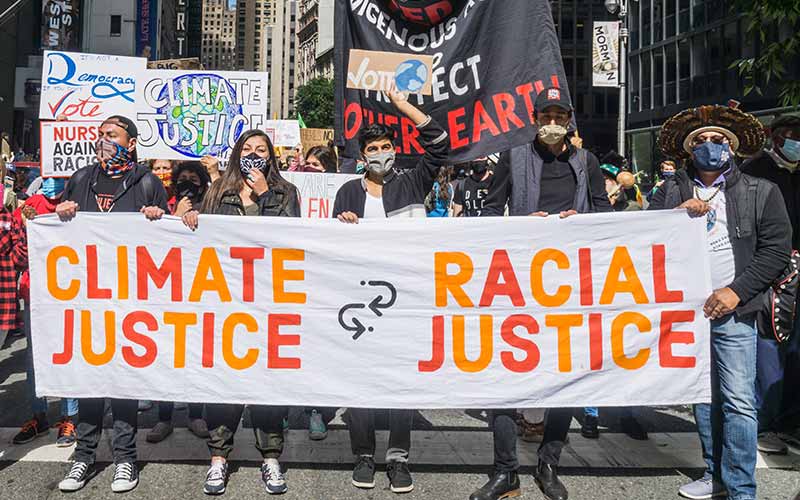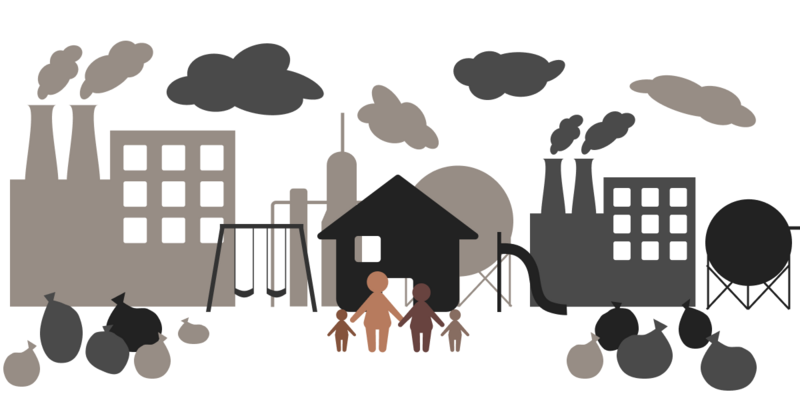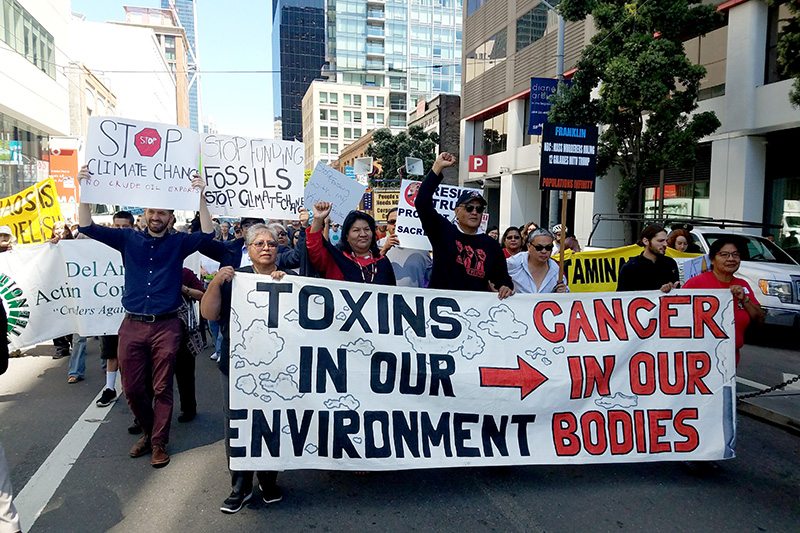Aside from blatant disregard for people of color’s health as seen in Flint, Michigan, environmental injustice can also be seen on a smaller scale. Less obvious health hazards can quickly add up and severely jeopardize the health of our most vulnerable members of society. Some examples include a lack of nature in poor neighborhoods to decreased access to nutritional foods READ MORE
Tag: systemic racism
Developing nations should not be our dumping grounds
Last month, we talked about how environmental racism affects communities around the United States. However, this phenomenon doesn’t just happen at the national level; throughout the world, developing countries are forced to bear the burden of the world’s pollution and the effects of climate change, even when they are the ones who contribute the least to these problems. For example, READ MORE
Environmental Racism
What is environmental racism? Environmental racism is a form of systematic racism that unproportionally exposes minority groups to more hazards and pollutants that lower their quality of life. For example, poorer communities with more people of color are often placed next to garbage dumps, hazardous waste facilities, and are overall exposed to more pollution than their counterparts. This high exposure READ MORE
Environmental Racism is NOT Random Chance
As discussed in this month’s previous blog entry, environmental justice is a movement that seeks to ensure that decisions related to environmental policy and implementation include the groups and community that are most affected by those policies. Environmental justice encompasses the equal distribution of environmental hazards as well as the equal distribution of environmental resources. Environmental racism refers to communities READ MORE
The Birth of Environmental Justice
The United States Environmental Protection Agency (EPA) defines environmental justice as “the fair treatment and meaningful involvement of all people regardless of race, color, national origin, or income, with respect to development, implementation, and enforcement of environmental laws, regulations, and policies.” Fair treatment, as defined by the EPA, means that no group of people should bear a disproportionate share of READ MORE
